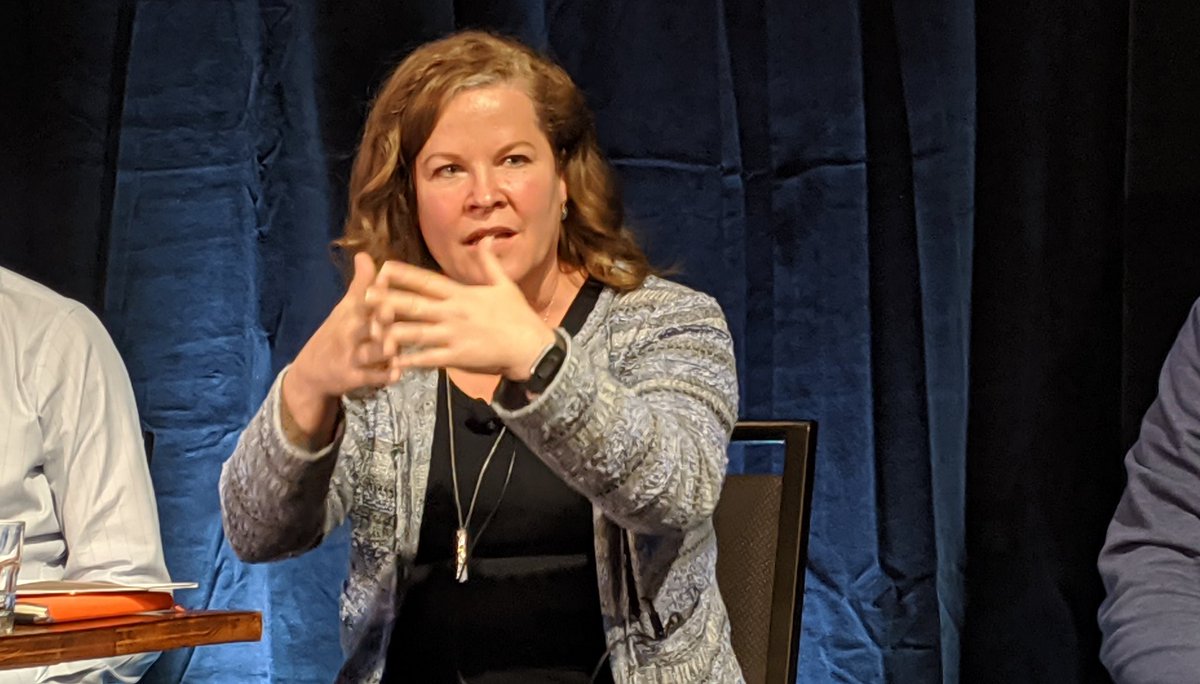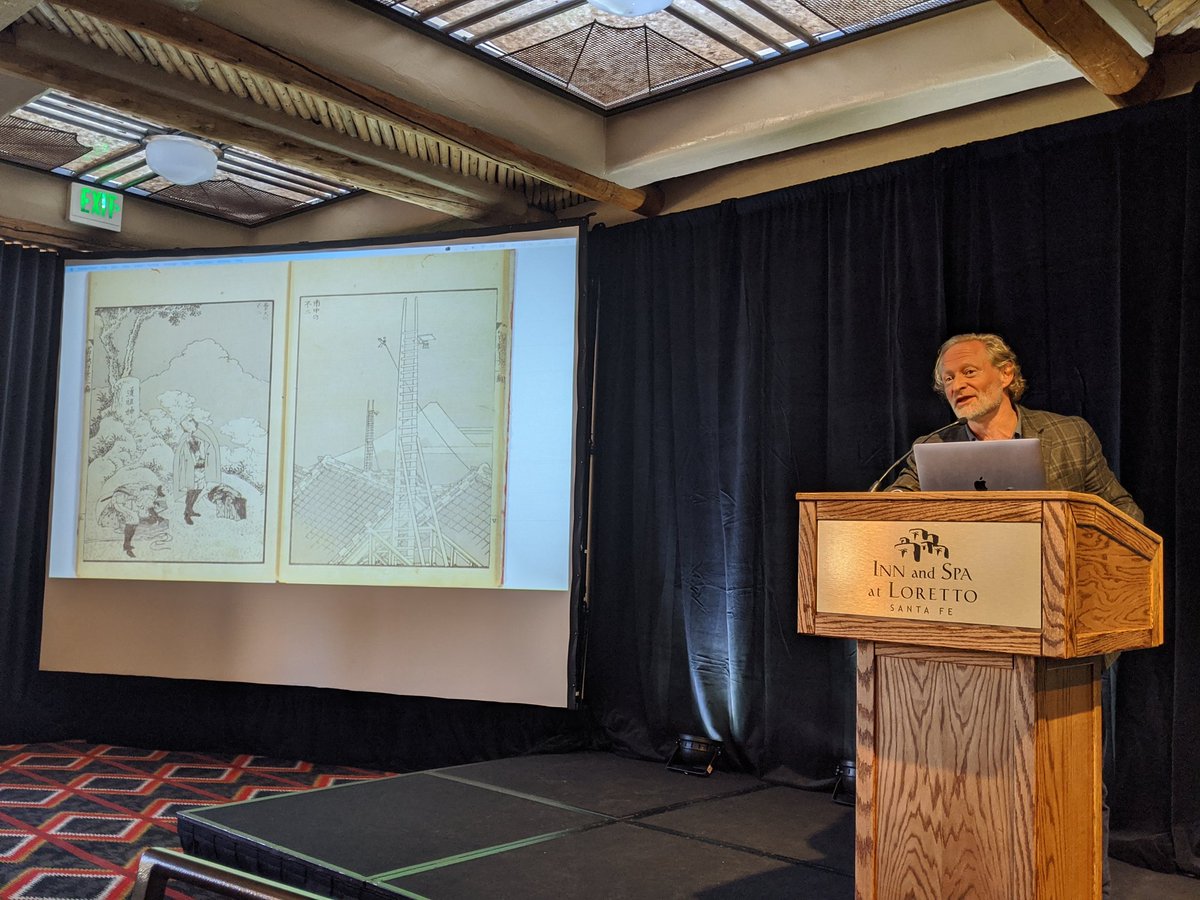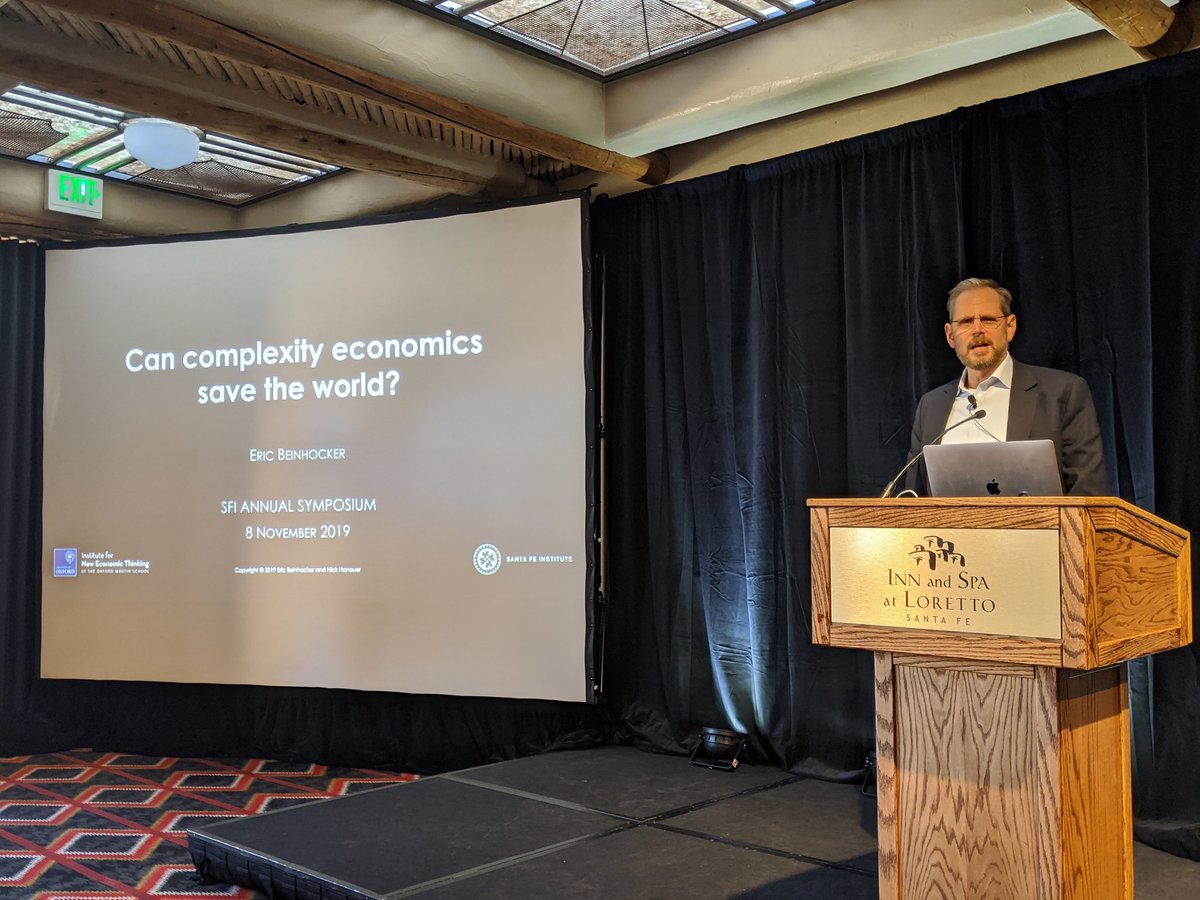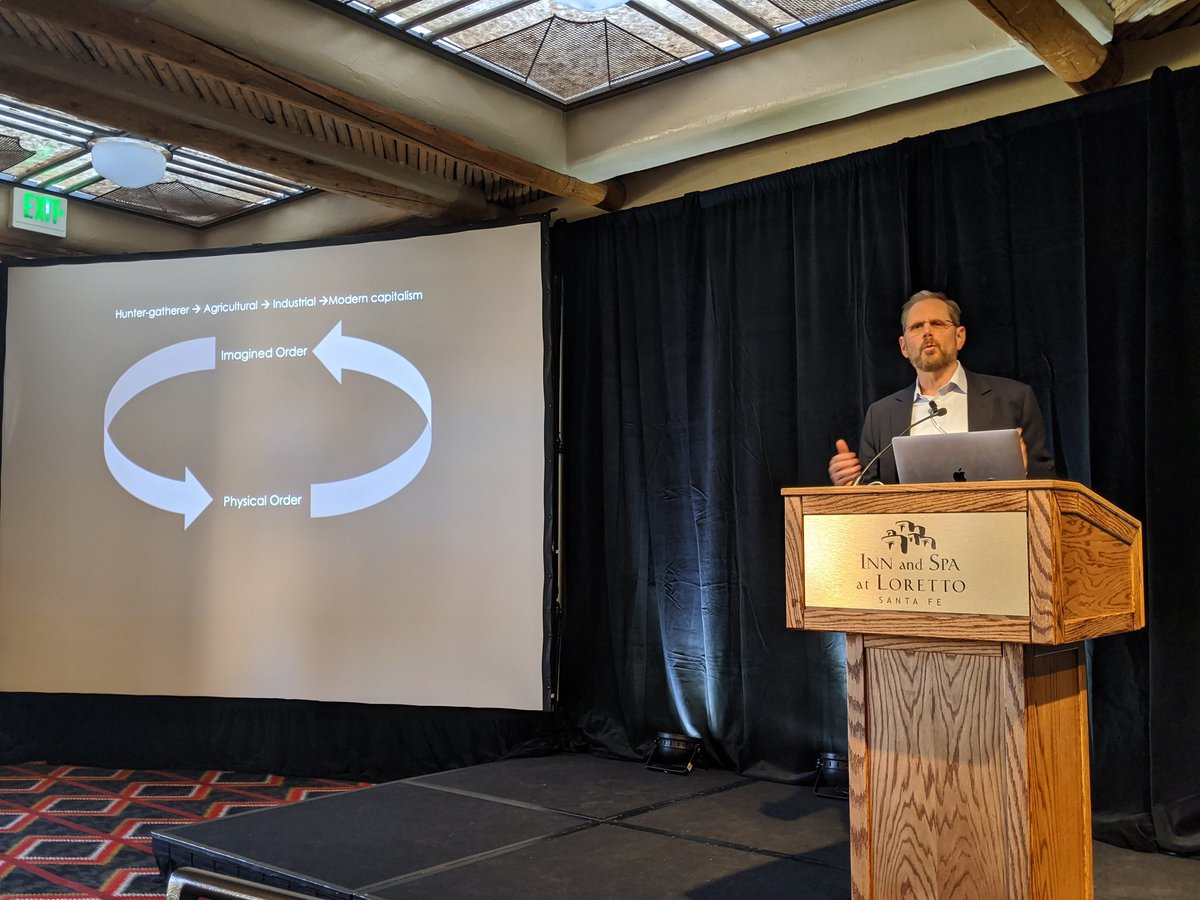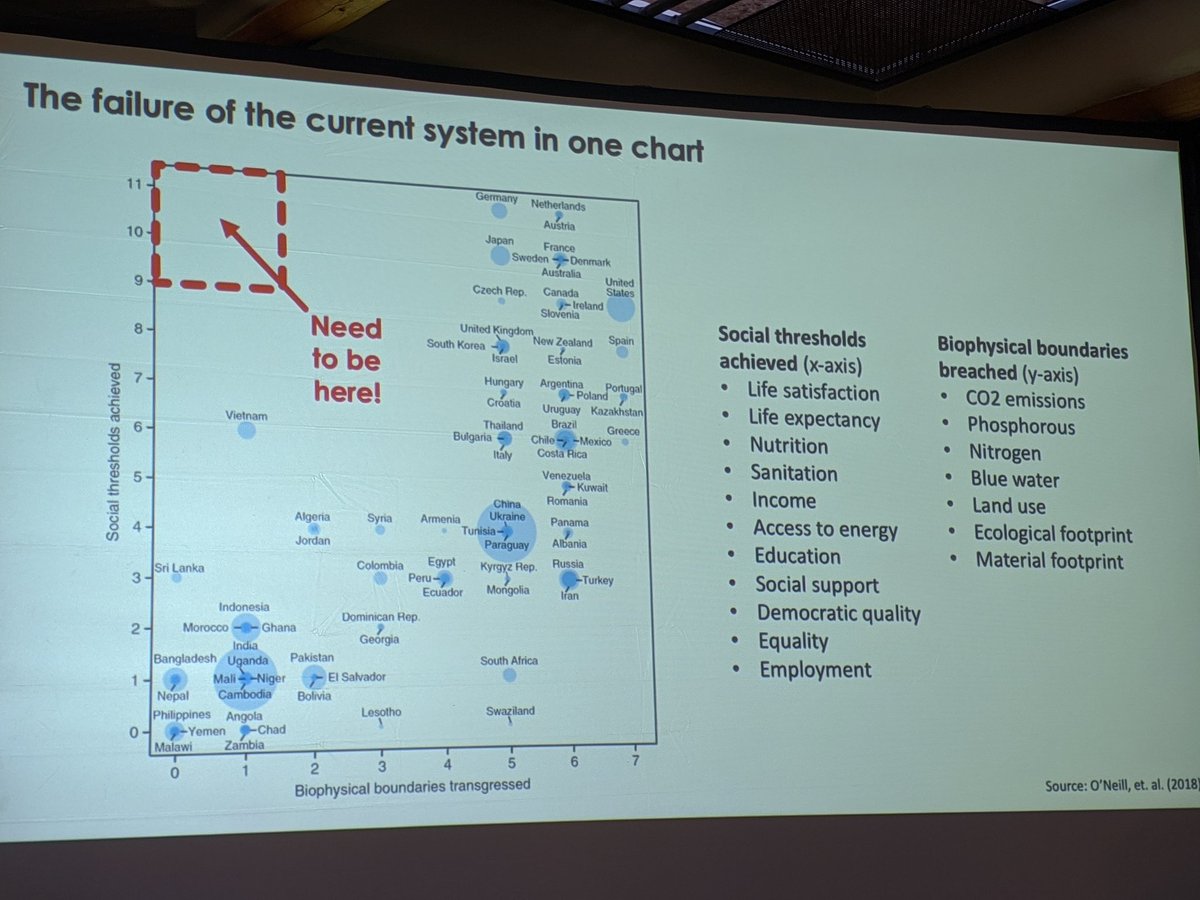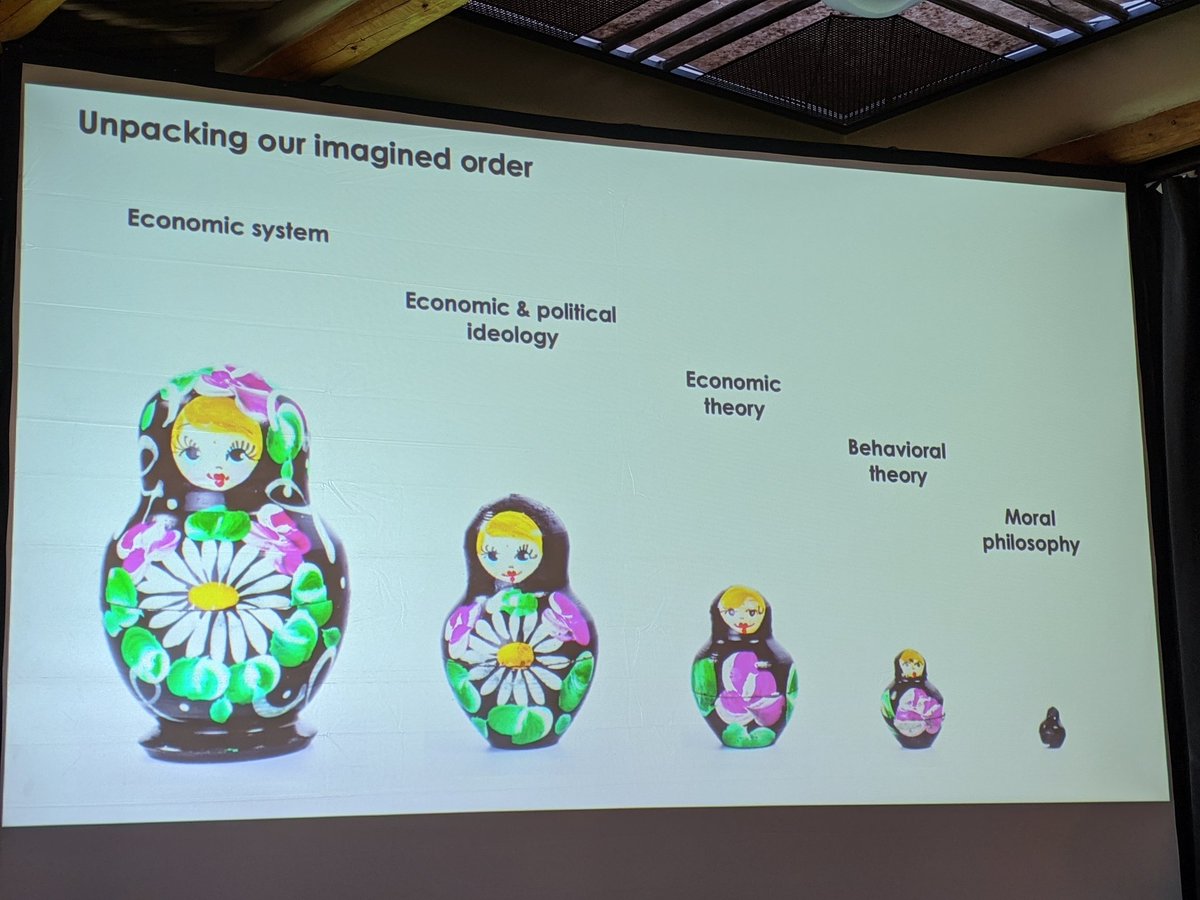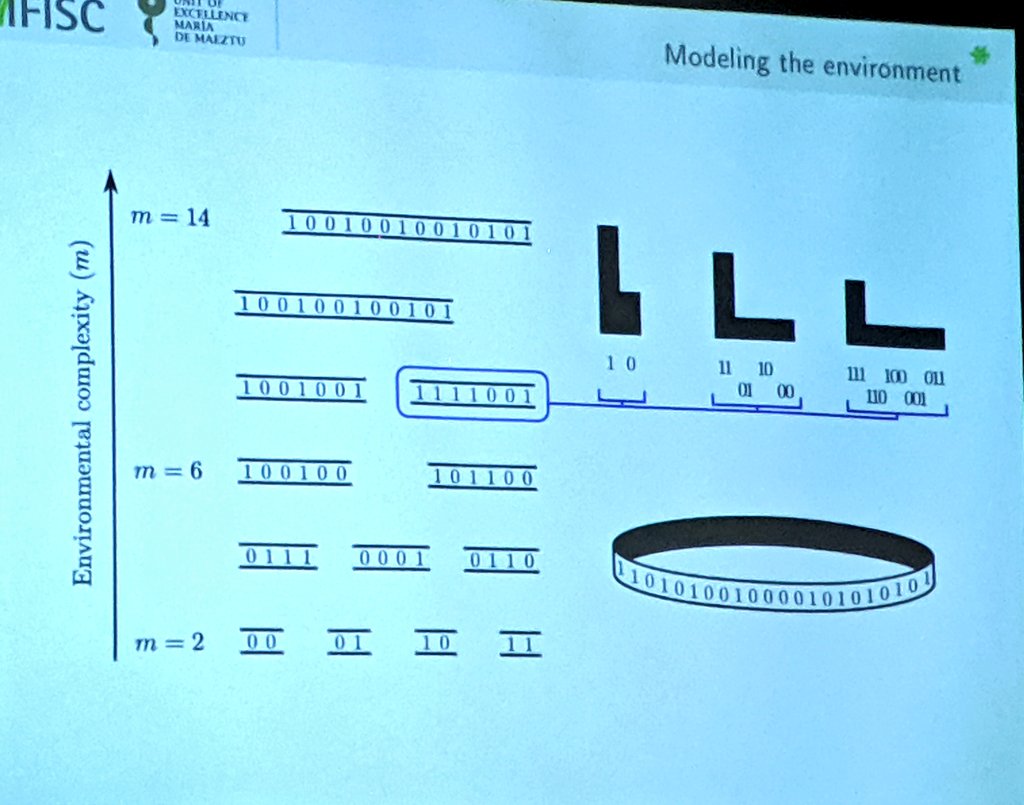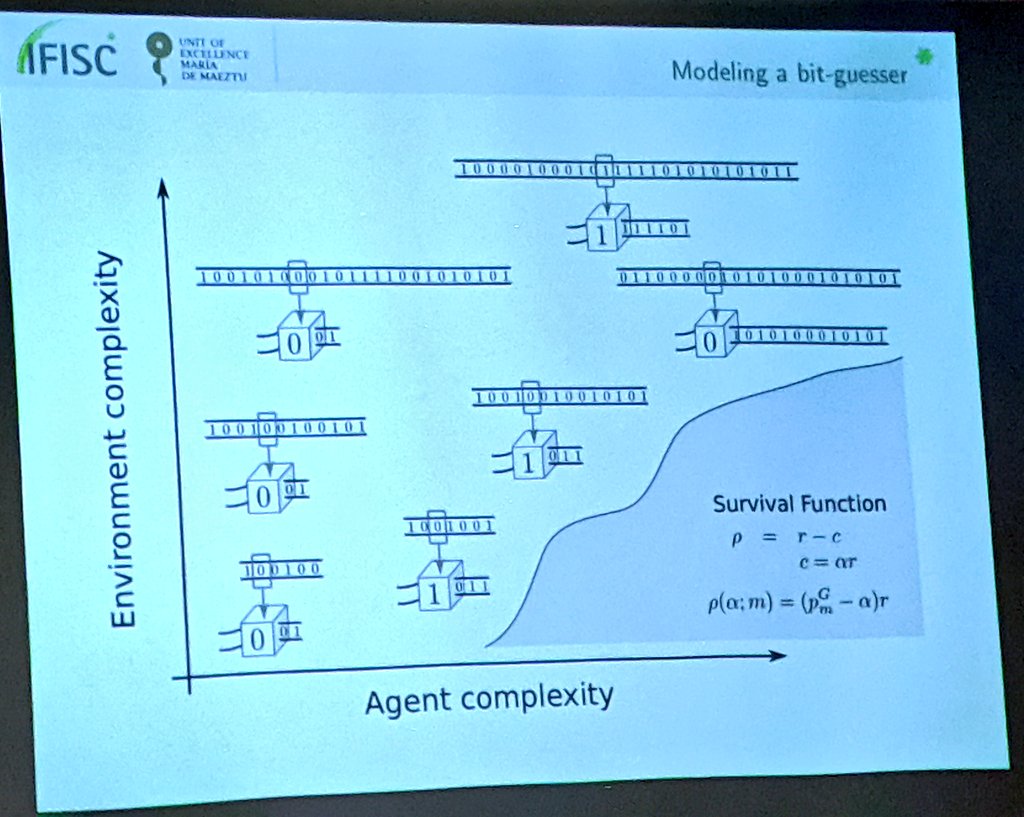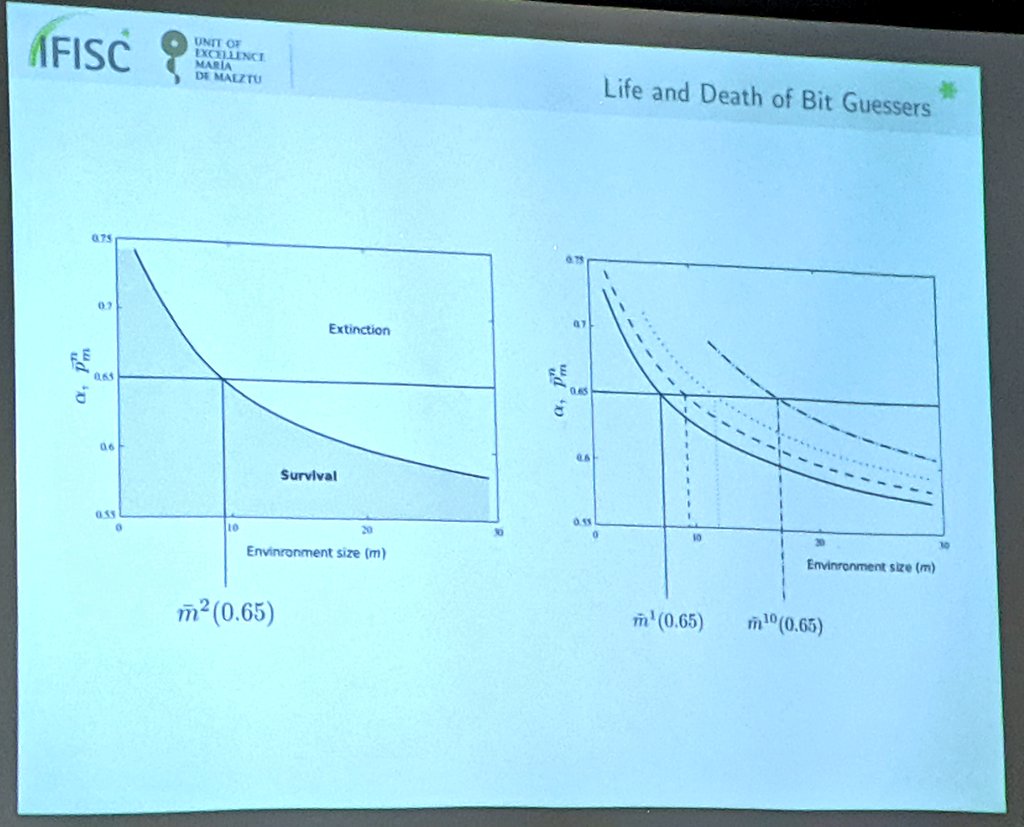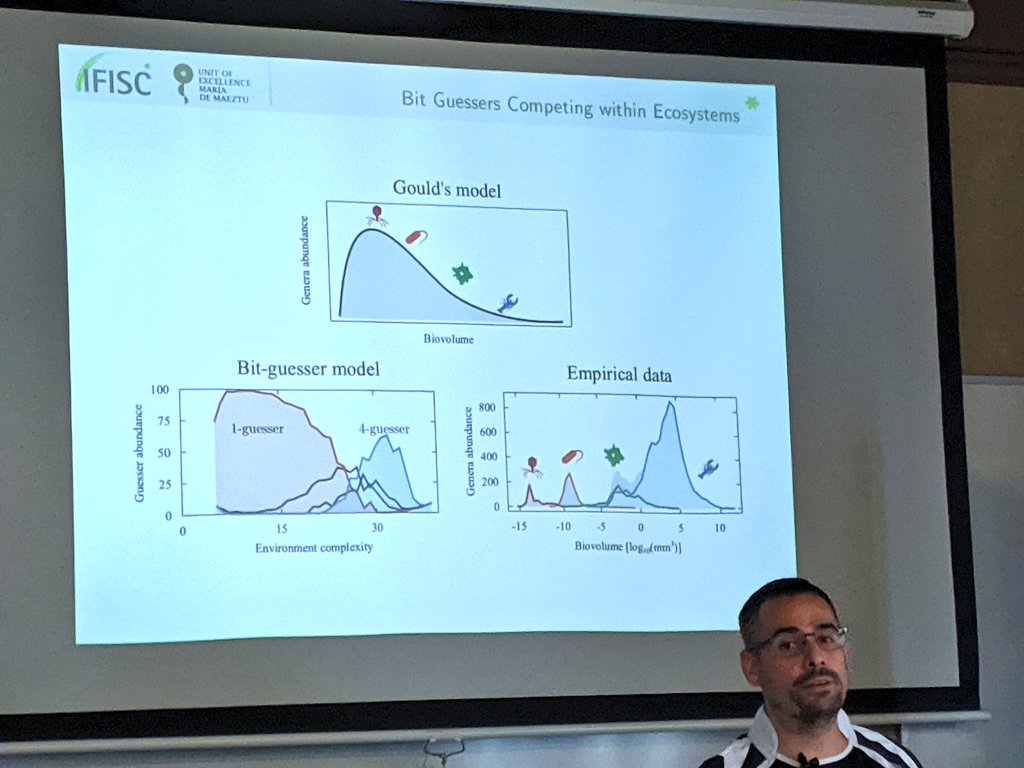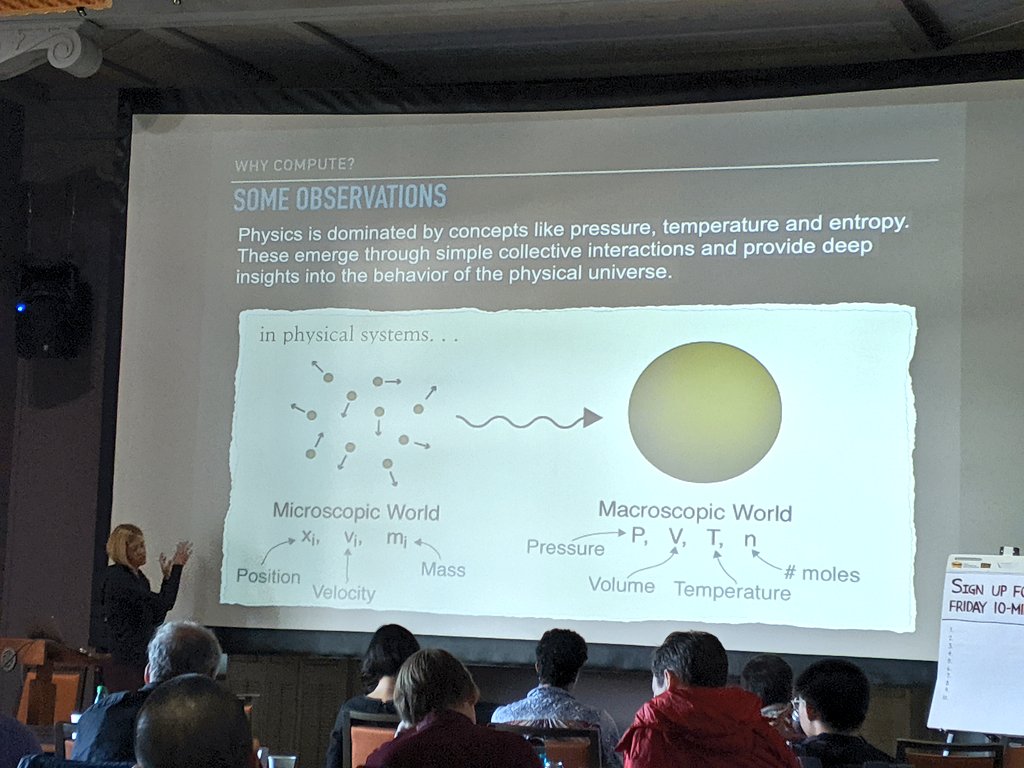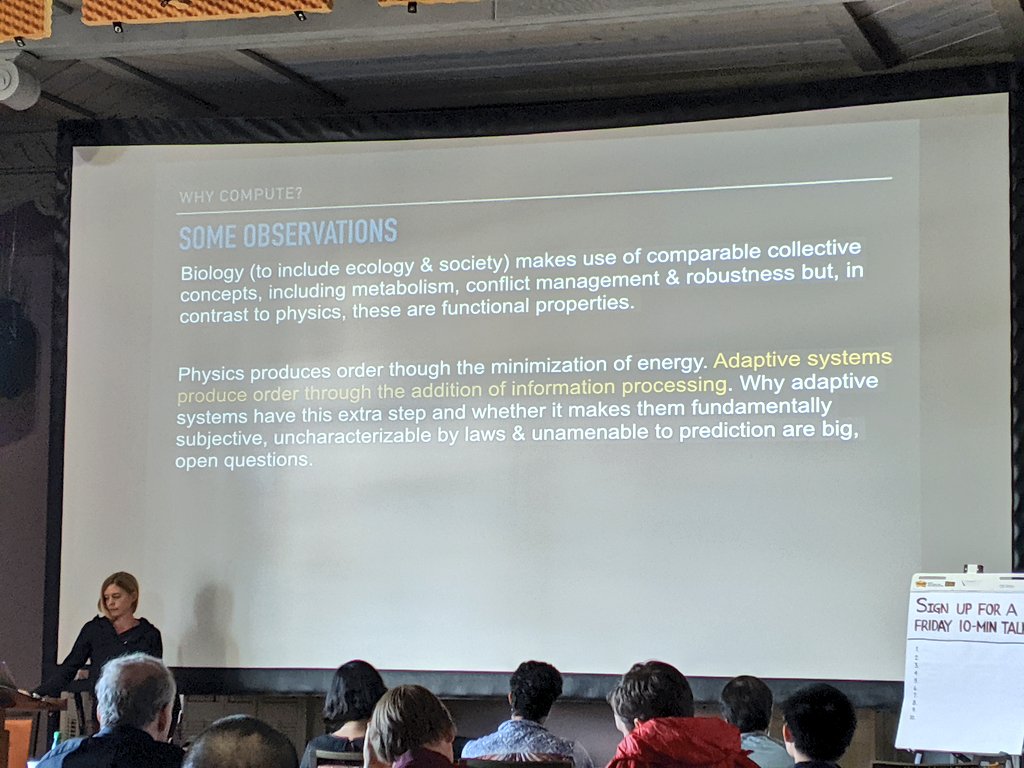(Follow this thread for live coverage all day...)
#complexsystems #economics
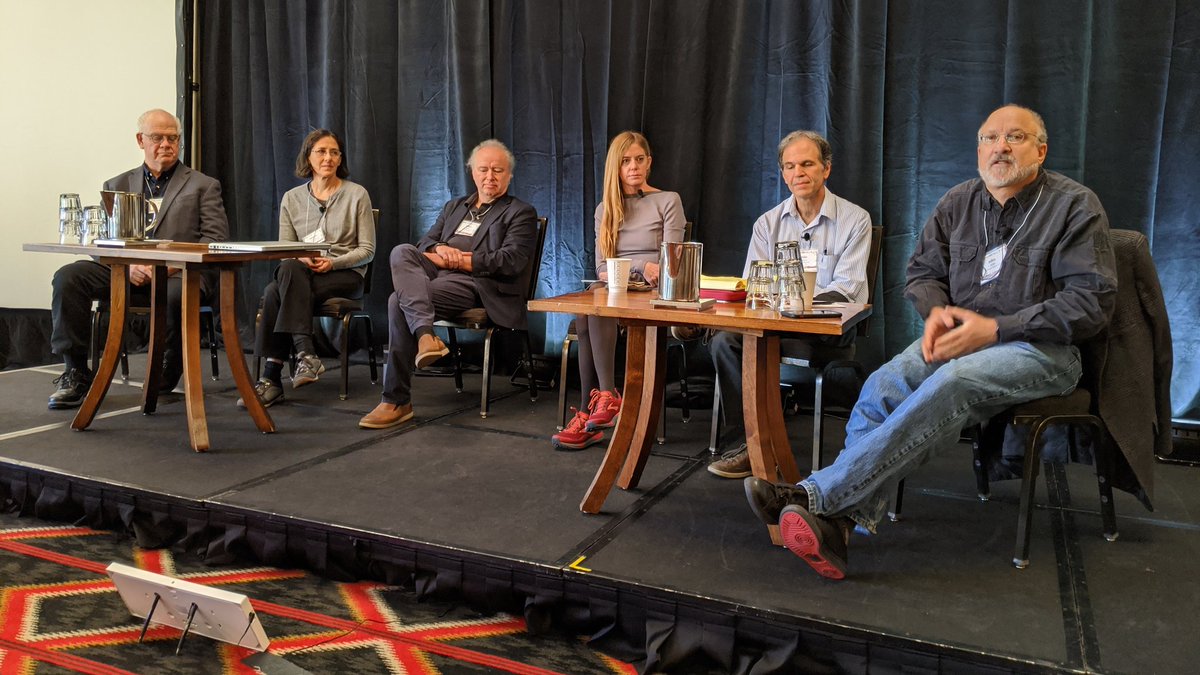
1 Ground truth (objective reality)
2 Effective ground truth (what we agree on, whether or not it is accurate)
3 #Information can be collectively encoded in #networks
4 Outputs are a product of collective dynamics
@C4COMPUTATION right now
- SFI'S Joshua Epstein (@GeorgeMasonU) on modeling emotions at today's ACtioN symposium:
Santafe.edu/action
- @MelMitchell1
"For adaptive #systems, we don't know what #computation is yet. There has to be computation FOR. And I don't think that's thought about enough in CS."
- @C4COMPUTATION
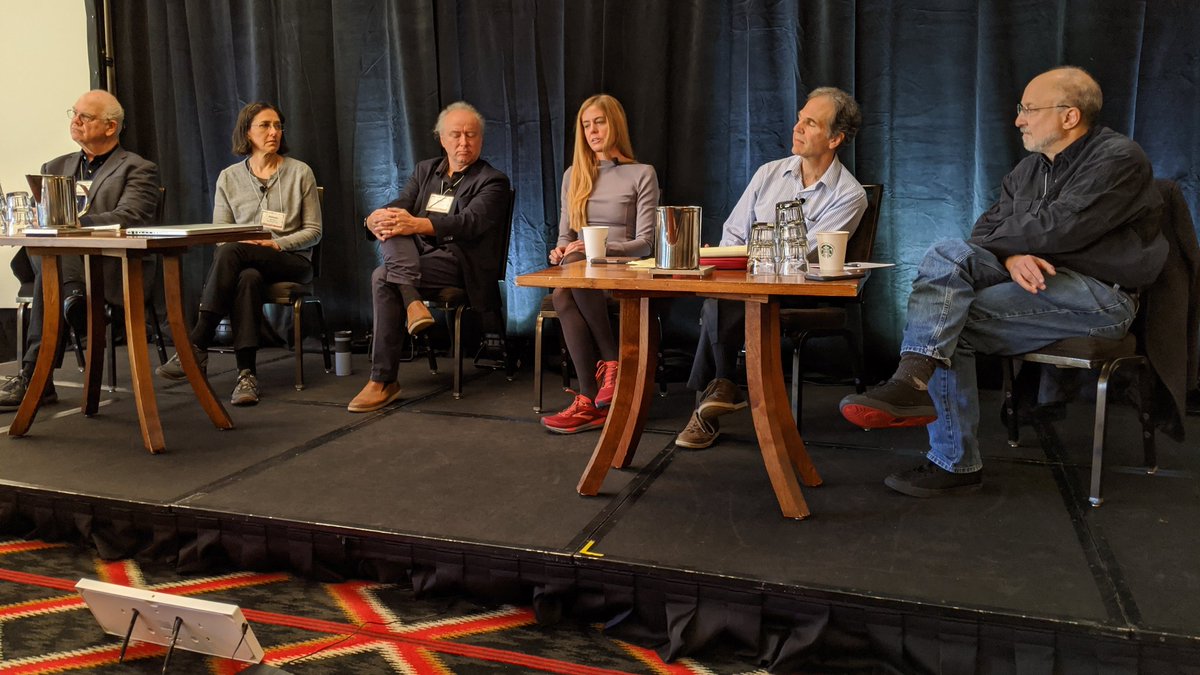
"The 20th Century definition is that it is a resource-allocation mechanism. That sounds somewhat archaic today. But as an actor within an economy, it's an NP-hard problem to know how to act."
- SFI's Rob Axtell (@GeorgeMasonU)
- @MelMitchell1
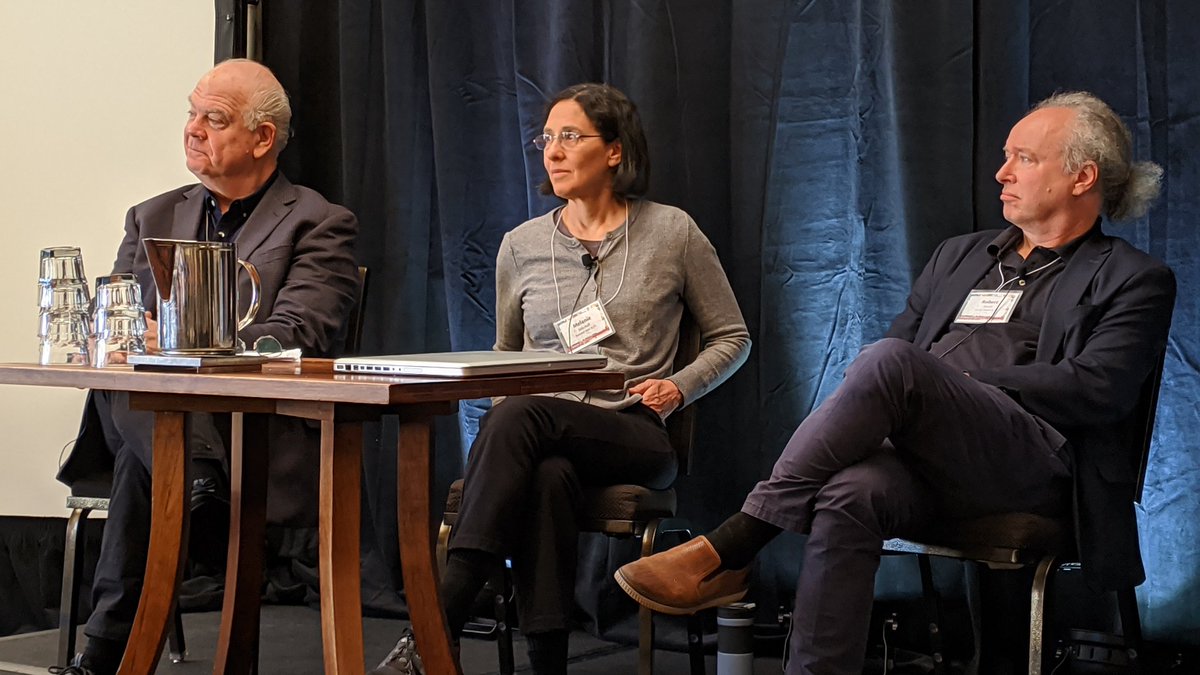
"I think you can beat humans and augment humans, but you can't explain humans [with neural nets]. This is all totally irrelevant to social science."
- SFI's Joshua Epstein (@nyuniversity)
- @C4COMPUTATION
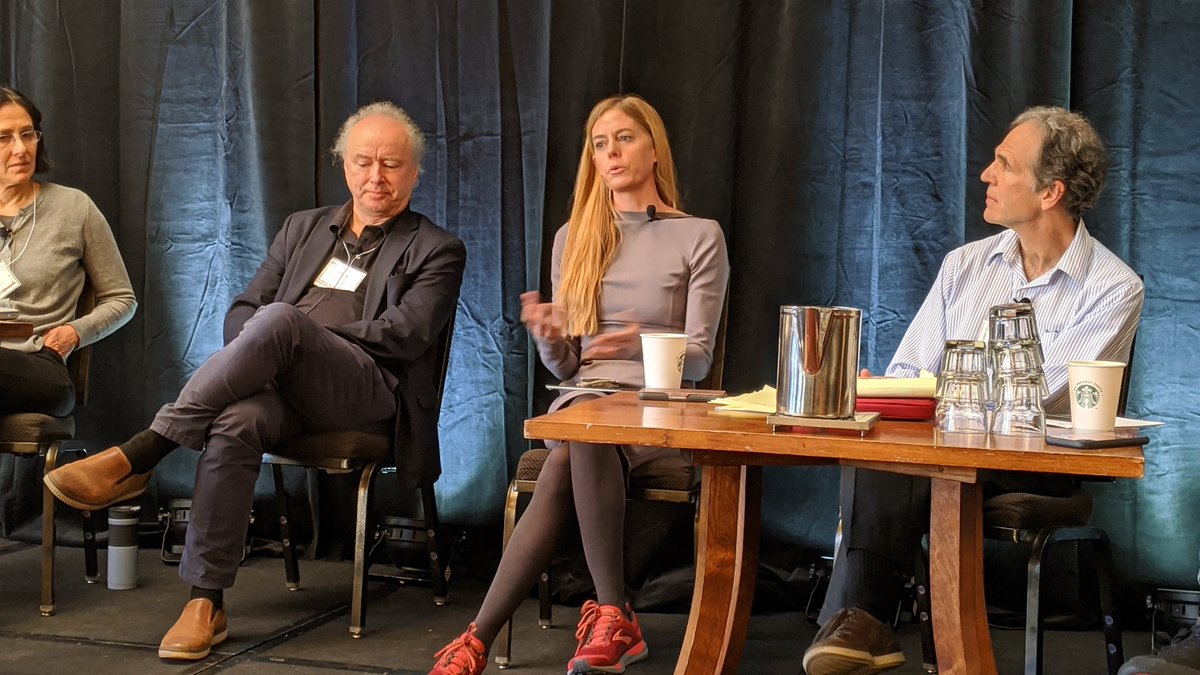
@C4COMPUTATION on what we even mean by "error" in discussing #computation
SFI's Blake LeBaron (@BrandeisU) on the efficacy of zero-intelligence models in understanding collective behavior
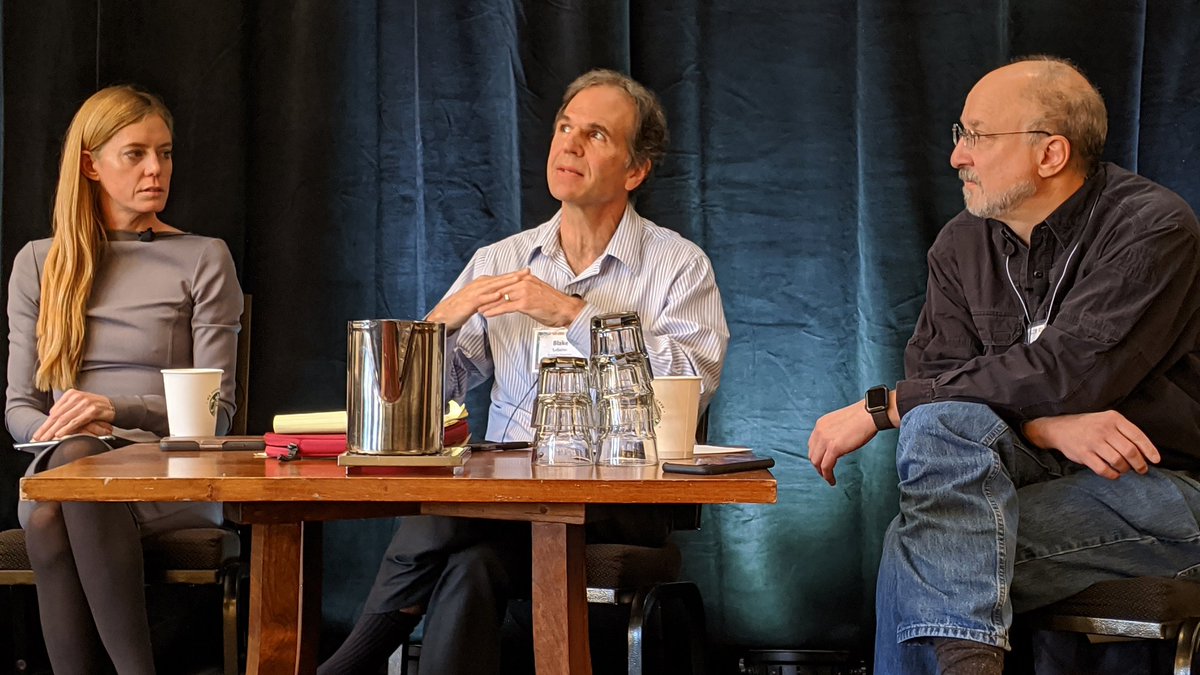
- SFI's Rob Axtell (@GeorgeMasonU) on whether we have to serve an ocean-plastic algorithm
Opening shot from Cosma:
"I don't actually think physics has lent that much to our understanding of the #economy. The repertoire is ridiculously too limited."
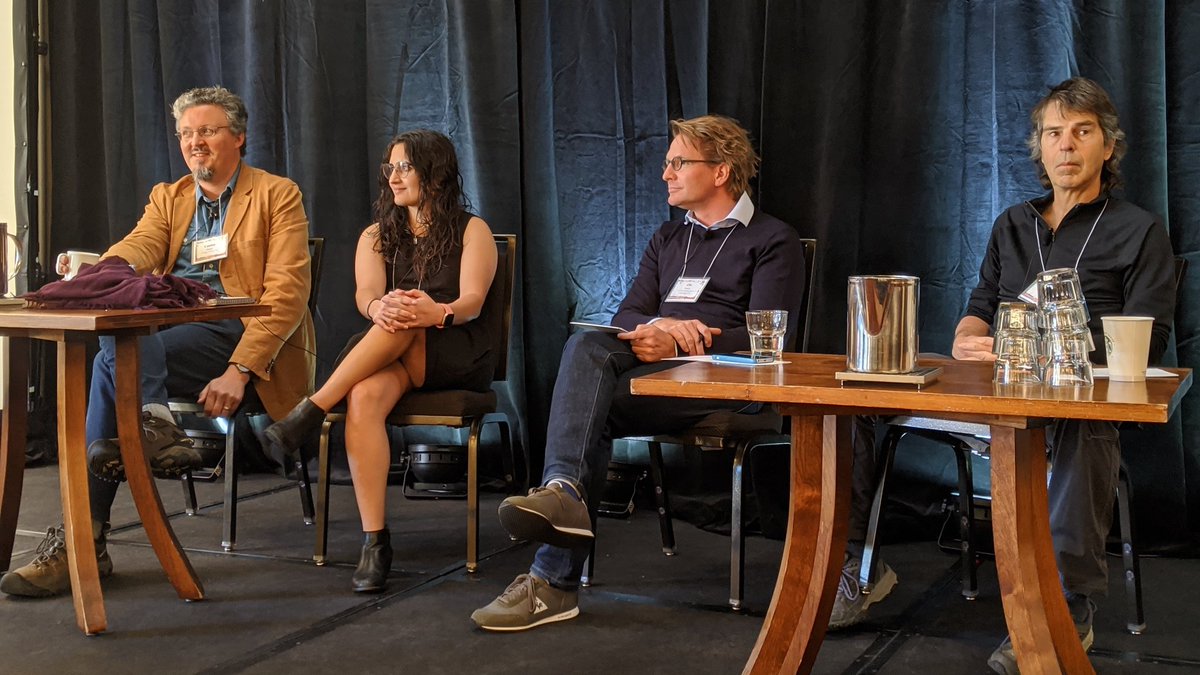
@RMaria_drc on the importance of observing the #data for good #econophysics
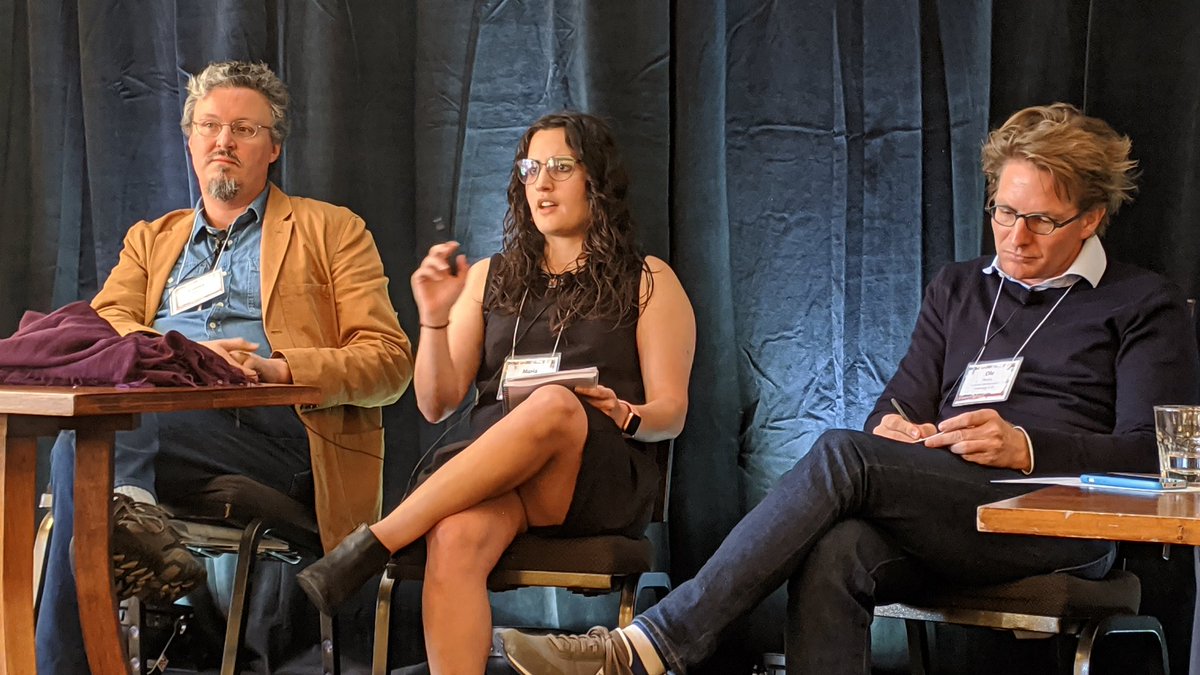
SFI's @ole_b_peters (@LdnMathLab) on the relationship between #economics & #physics
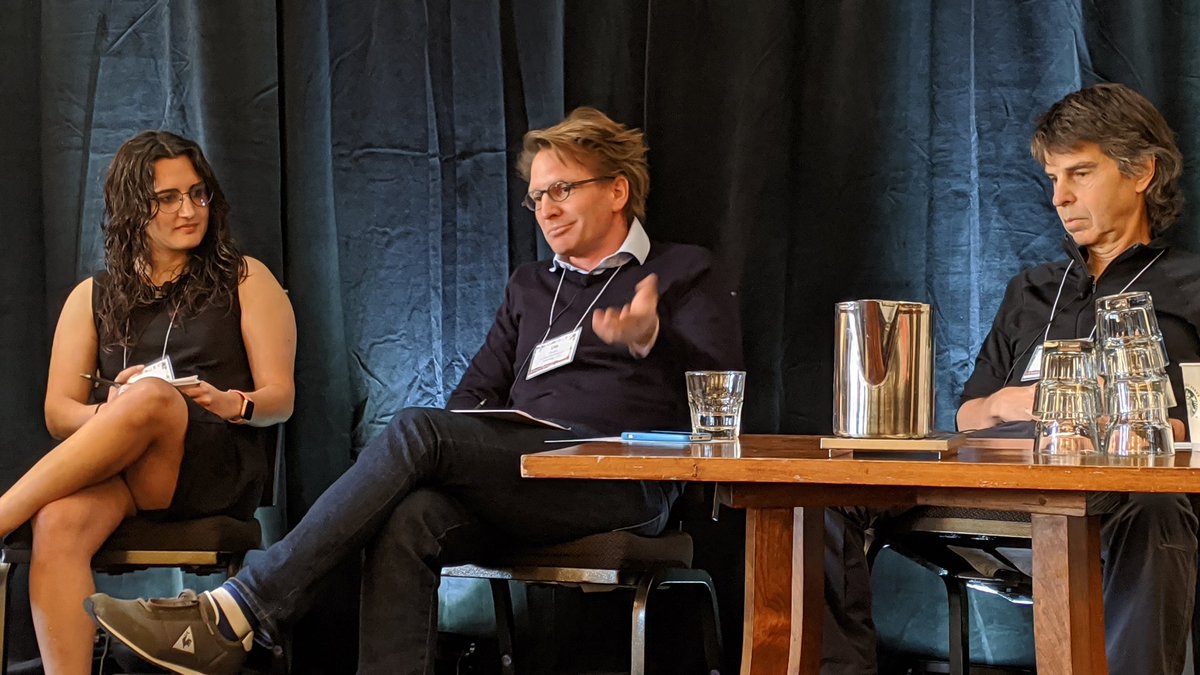
- @RMaria_drc
About today's symposium:
santafe.edu/action
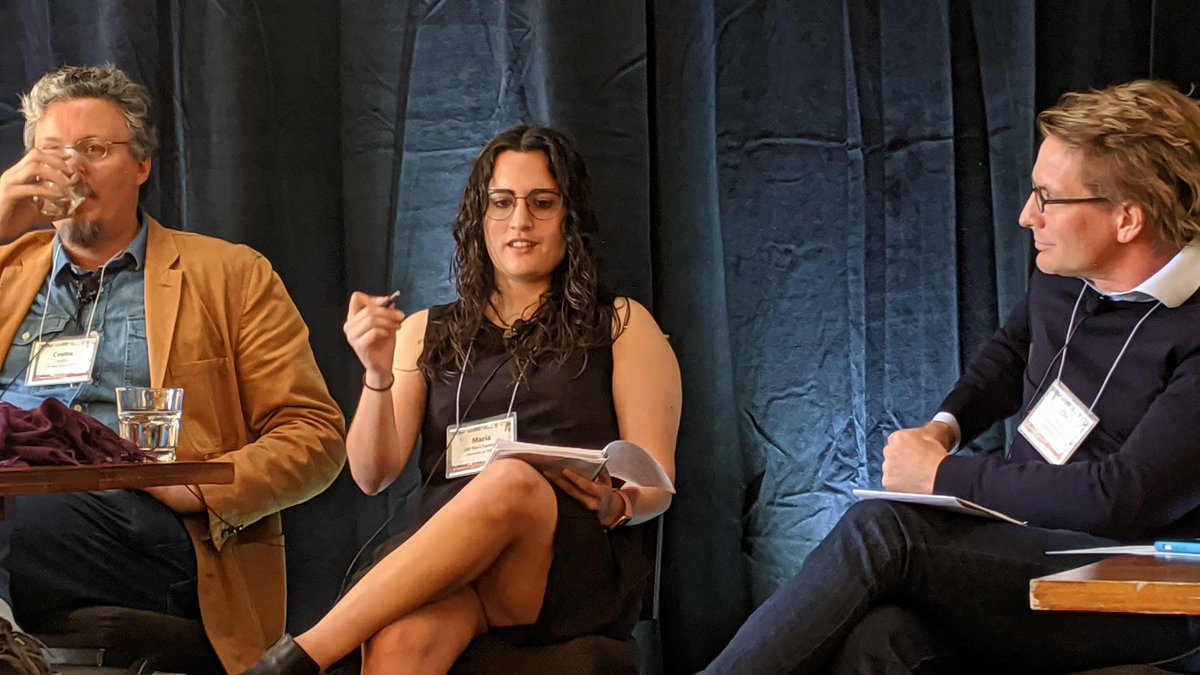
- David Wolpert
- @cshalizi (@CarnegieMellon)
- SFI's Joshua Epstein (@nyuniversity)
featuring @cmoncap @Scott_E_Page @rajivatbarnard & Geoffrey West
santafe.edu/action #complexsystems
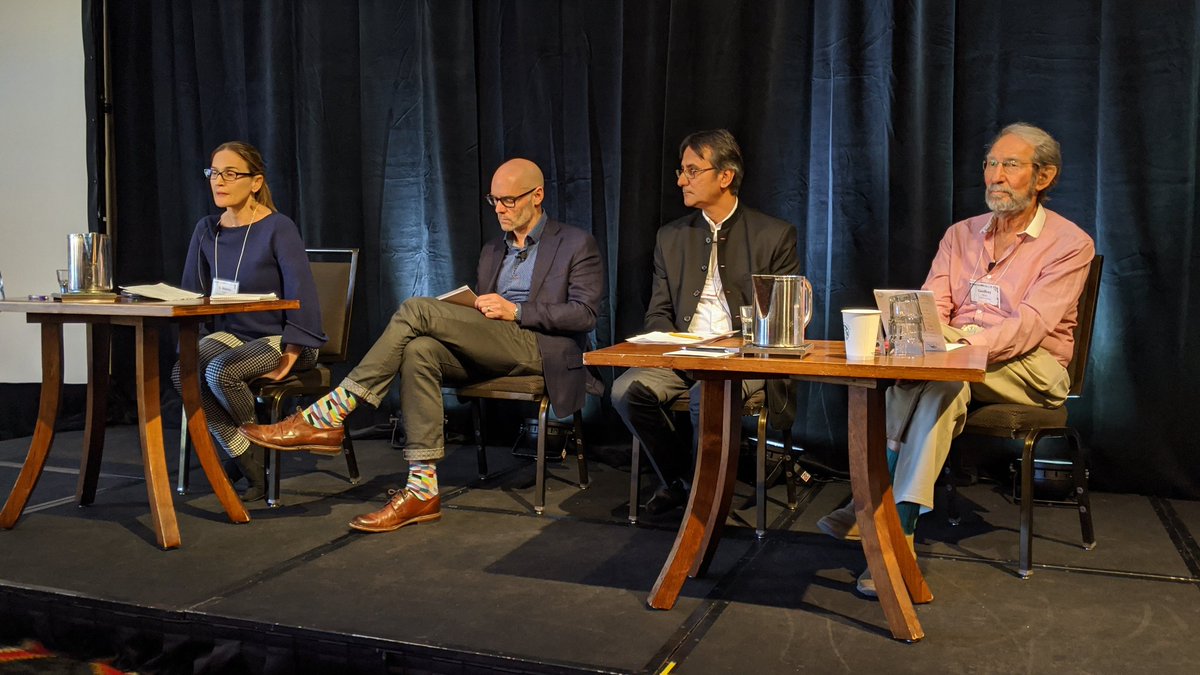
- @Scott_E_Page
#pluralism
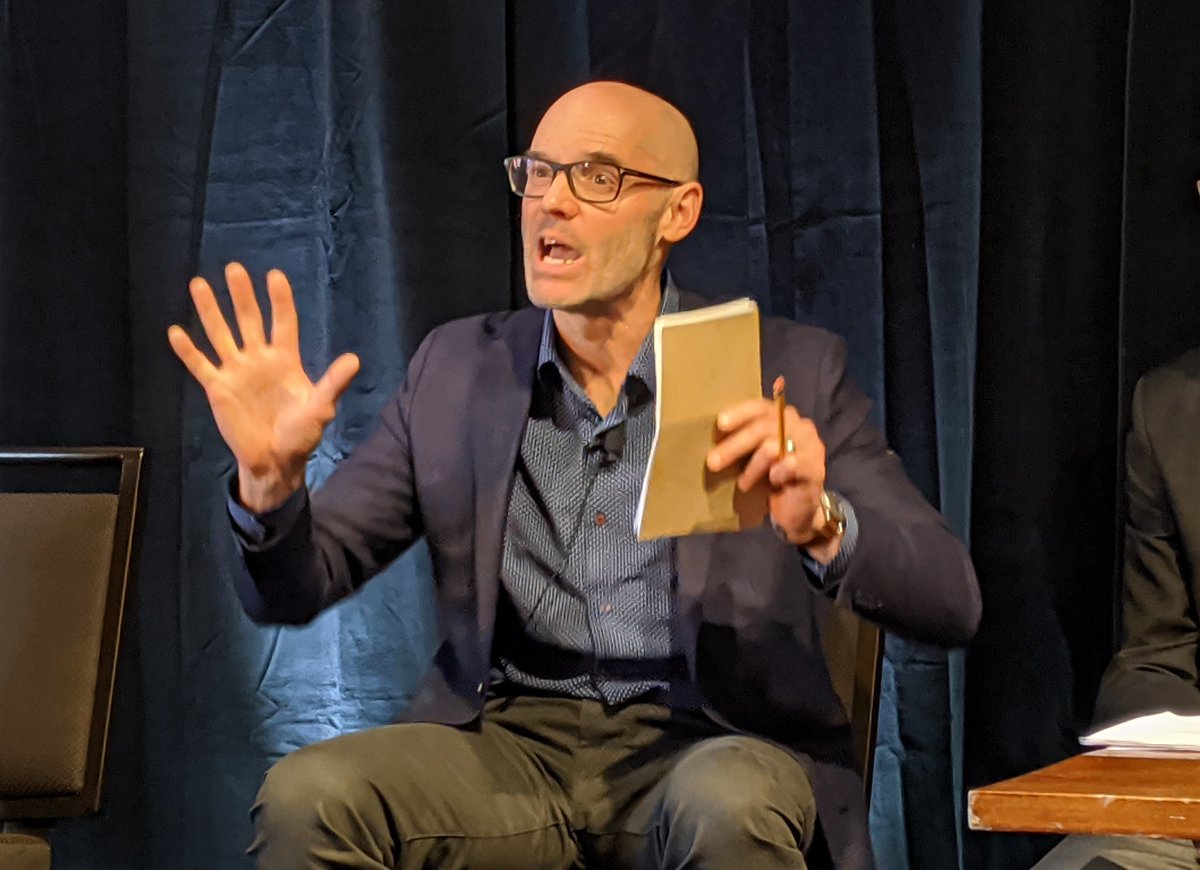
@rajivatbarnard
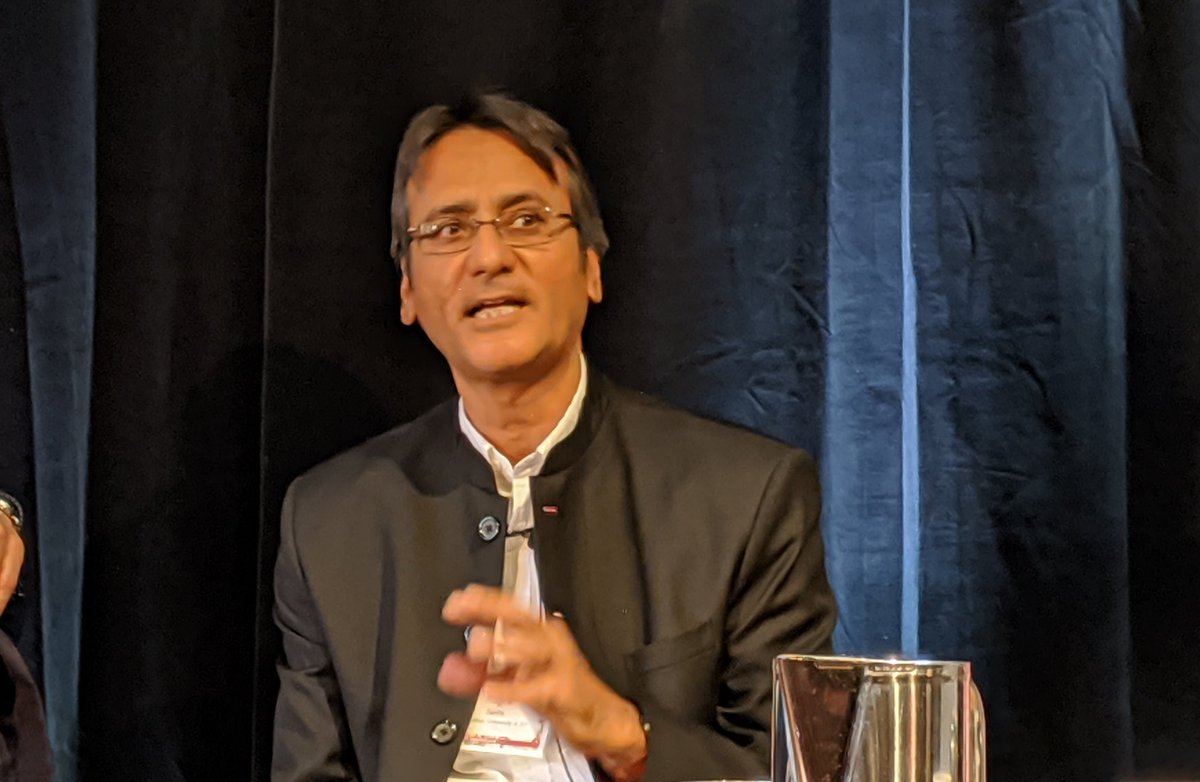
- @Scott_E_Page
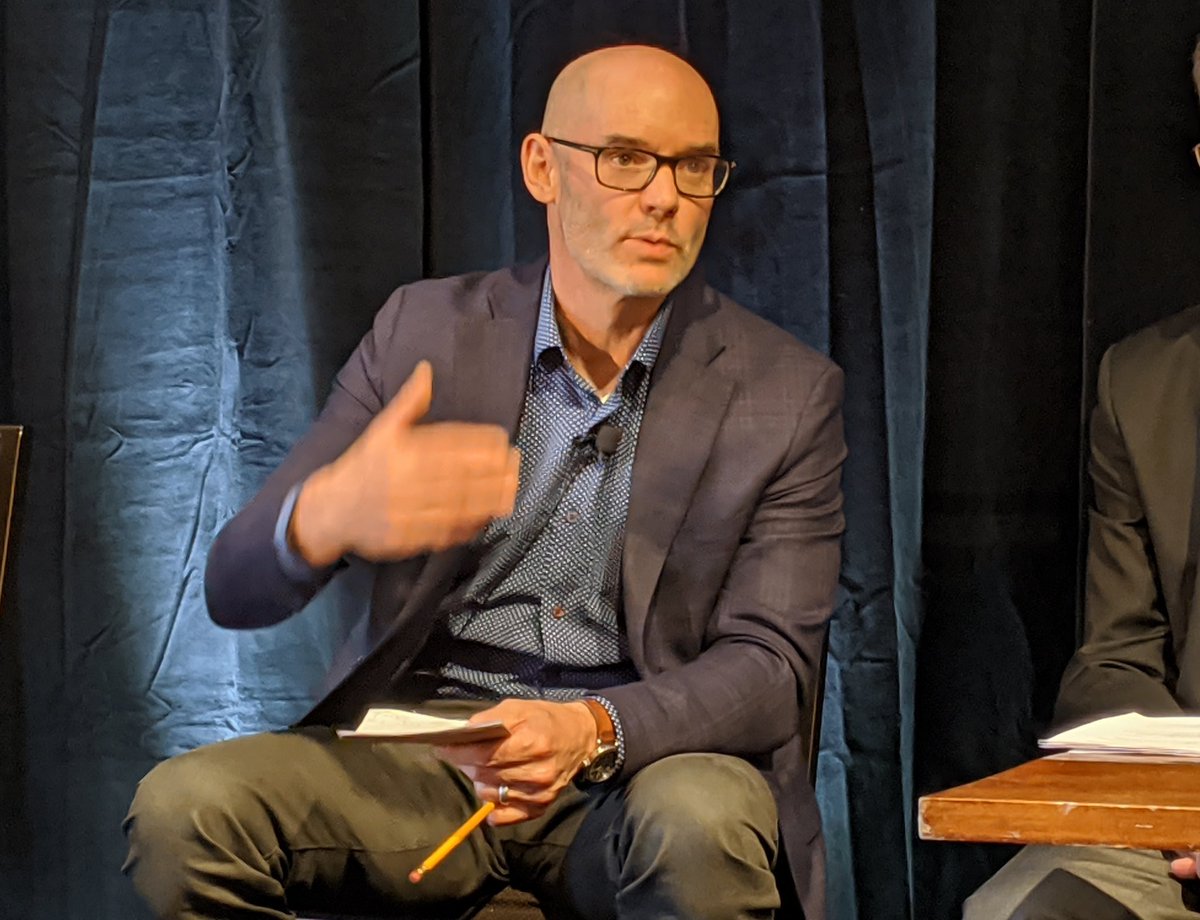
- @cmoncap
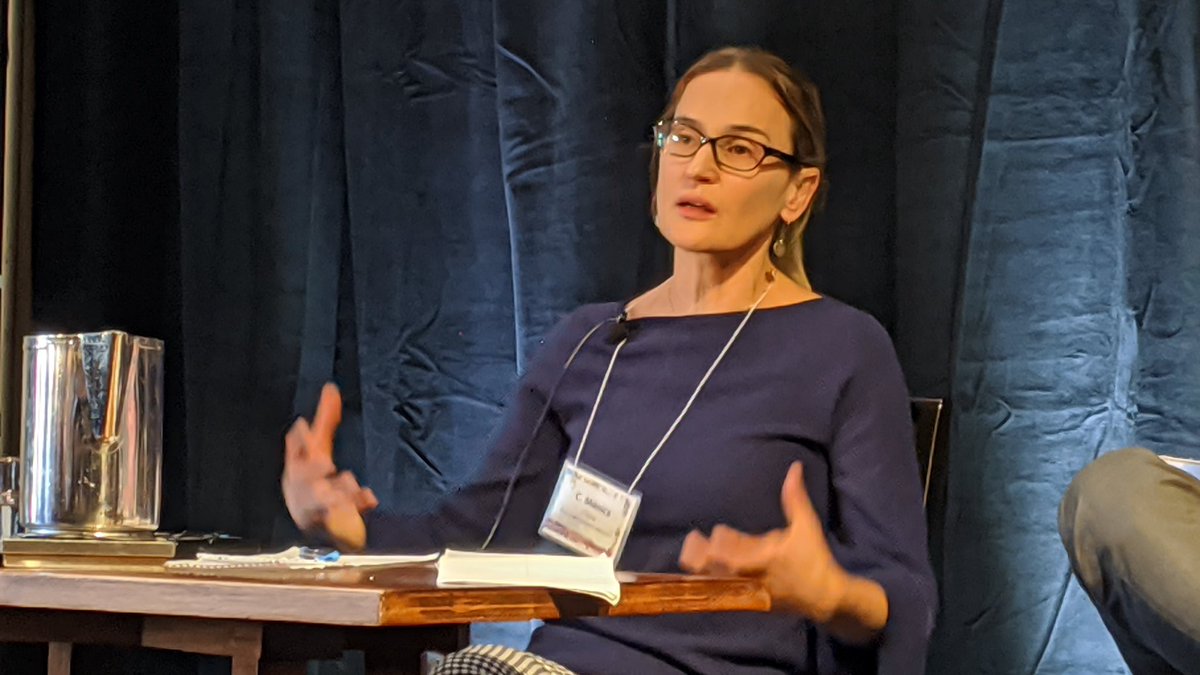
- Geoffrey West
santafe.edu/ACTioN
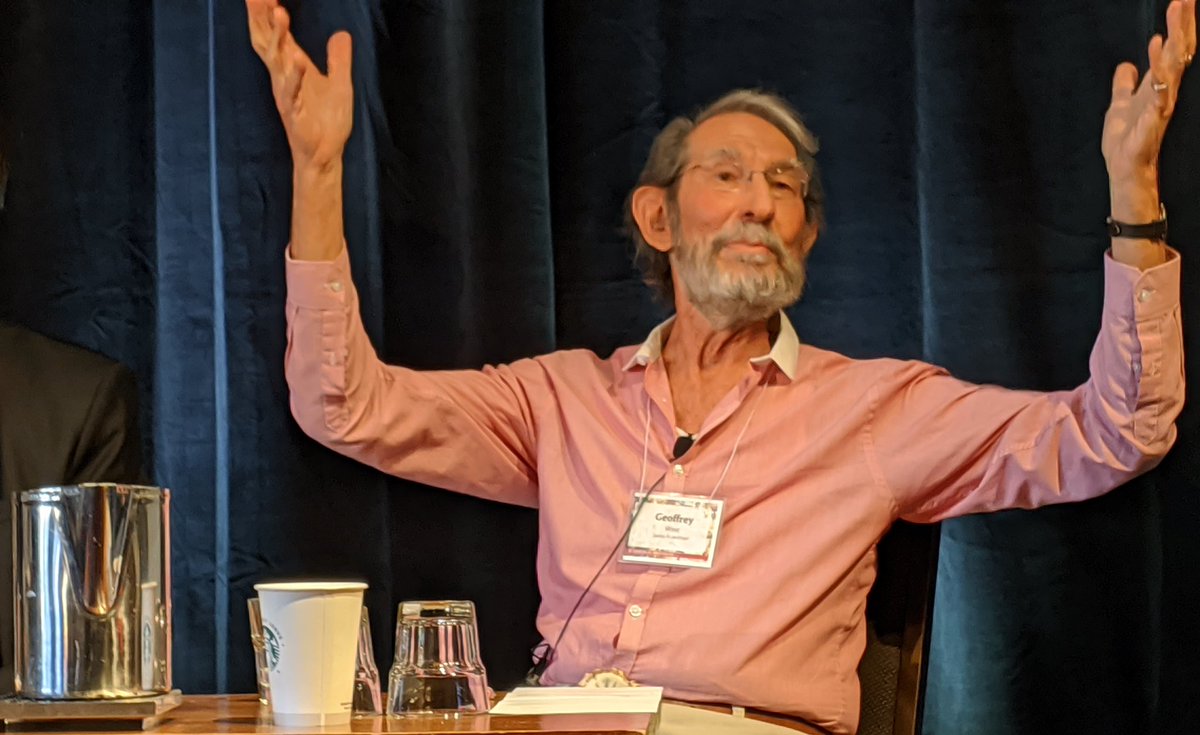
- @EricBeinhocker
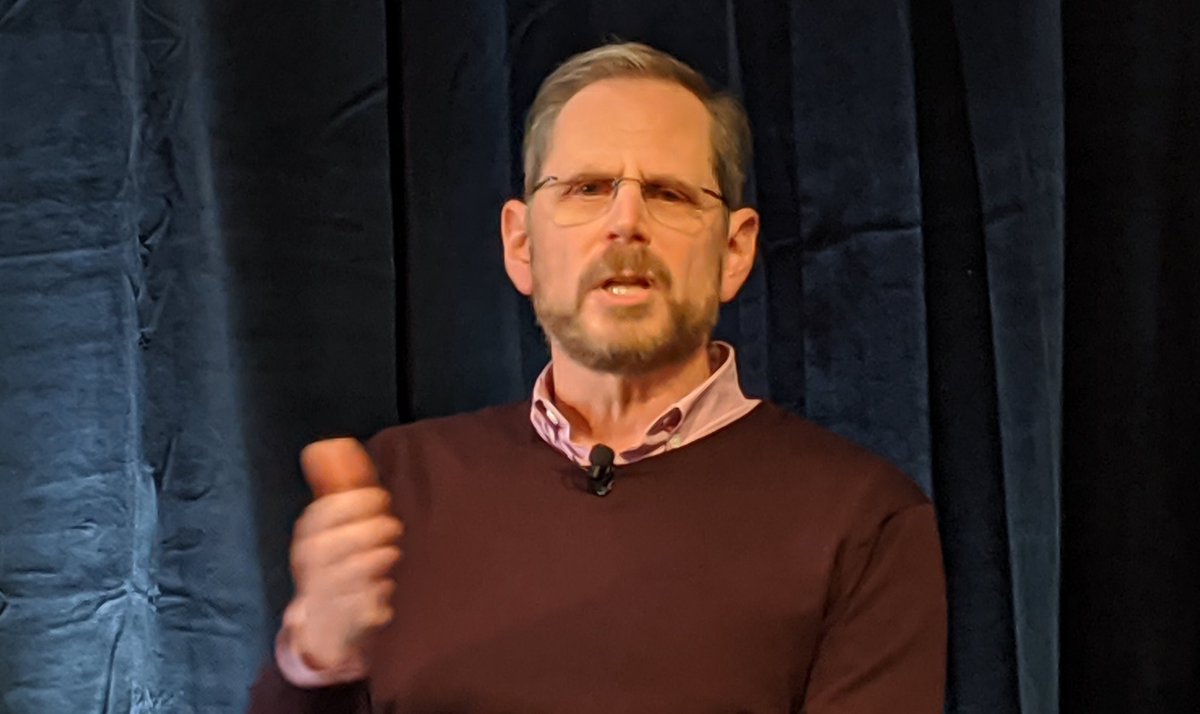
@JacksonmMatt on the Economic Architecture panel with W. Brian Arthur @EricBeinhocker @AKStanger
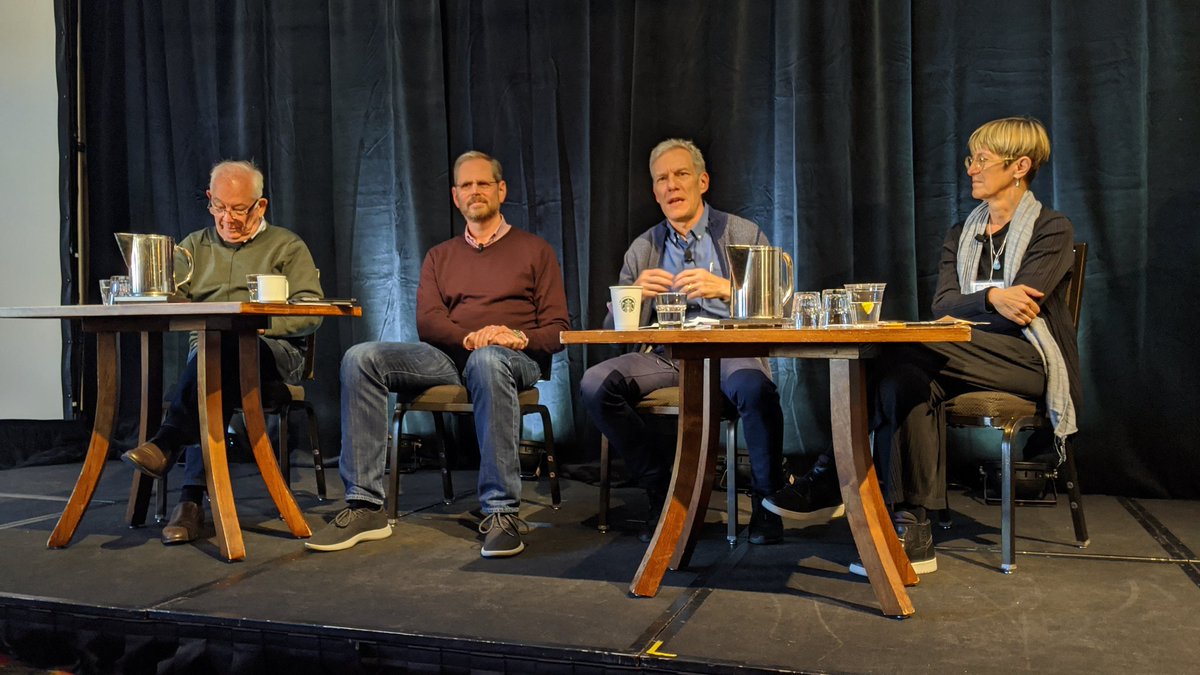
- @AKStanger on modeling a #moraleconomy & replacing Homo economicus with Sapiens integra, which cares about maximizing positive externalities
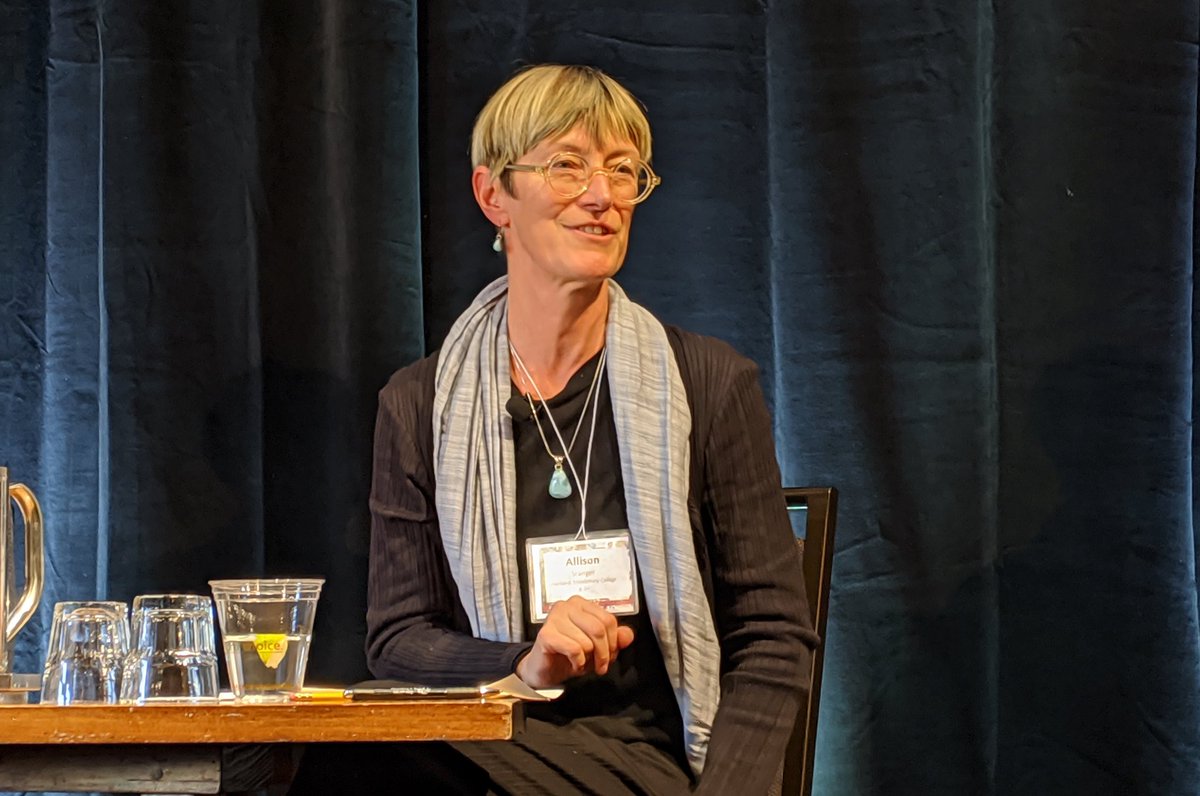
- W. Brian Arthur
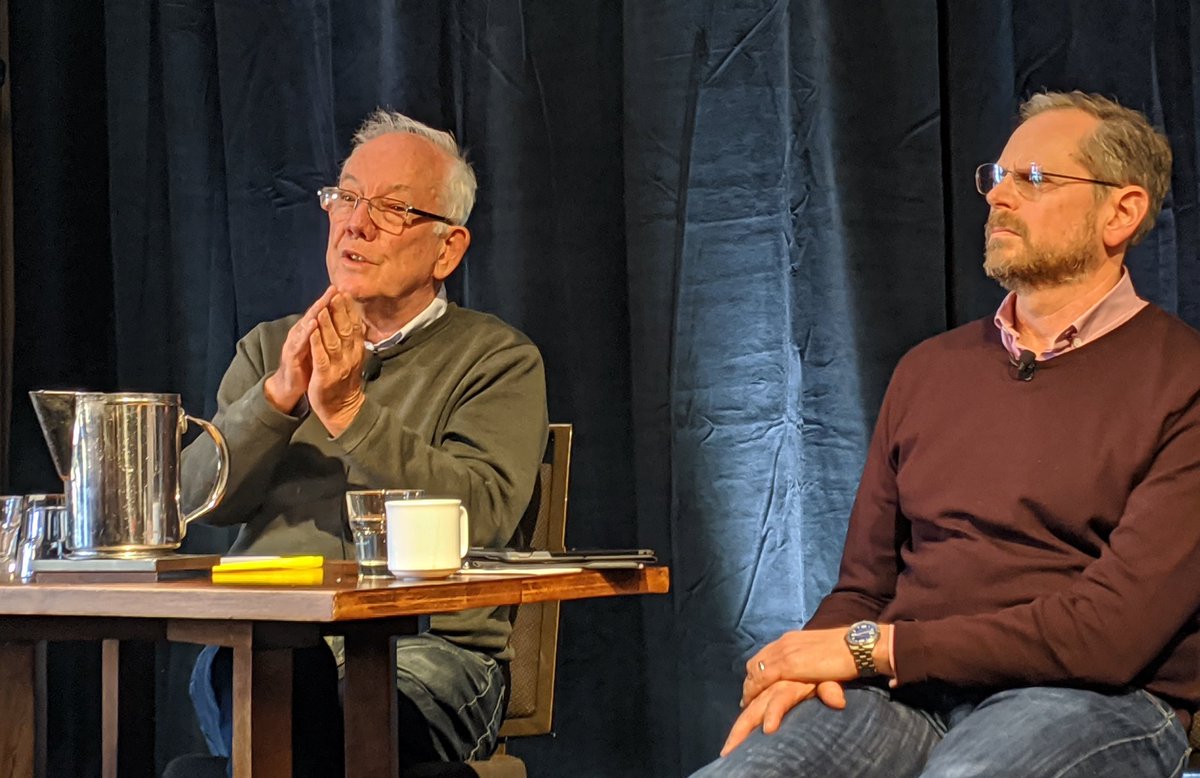
- @JacksonmMatt
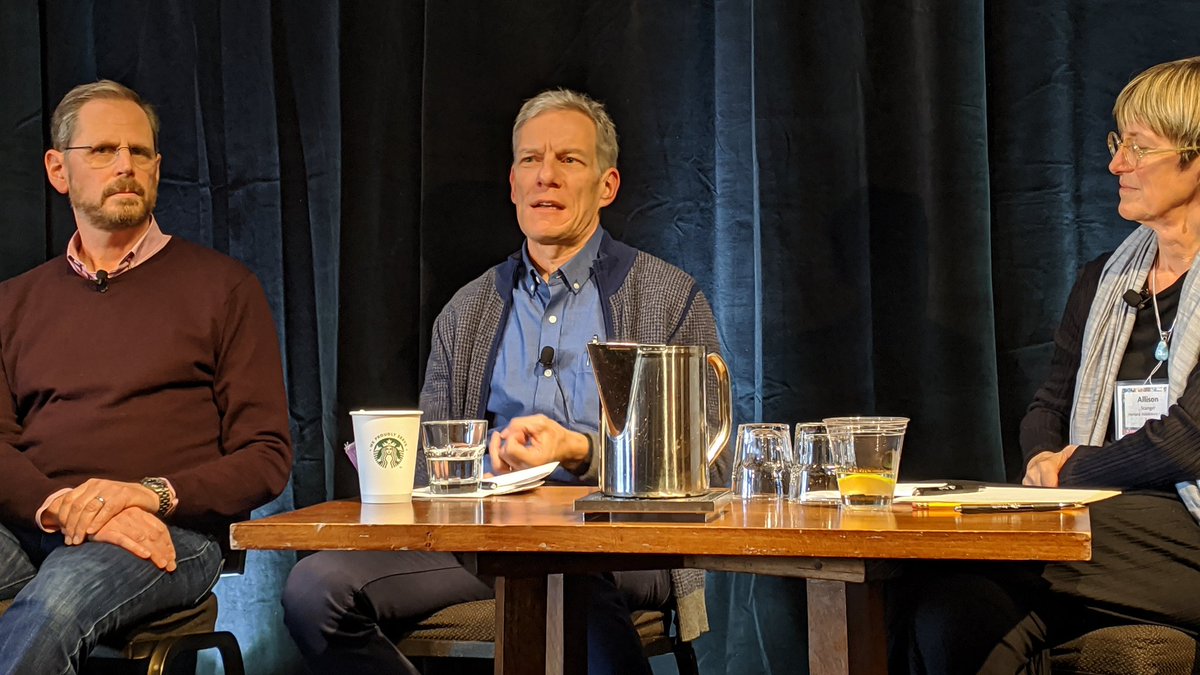
- @EricBeinhocker
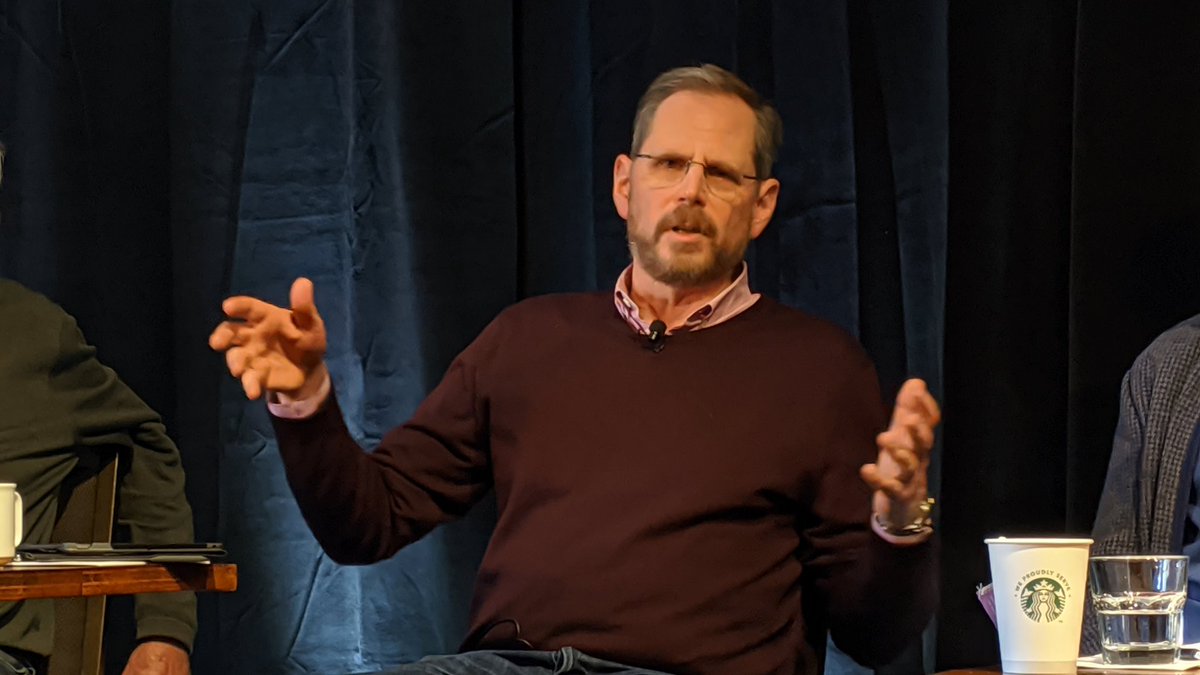
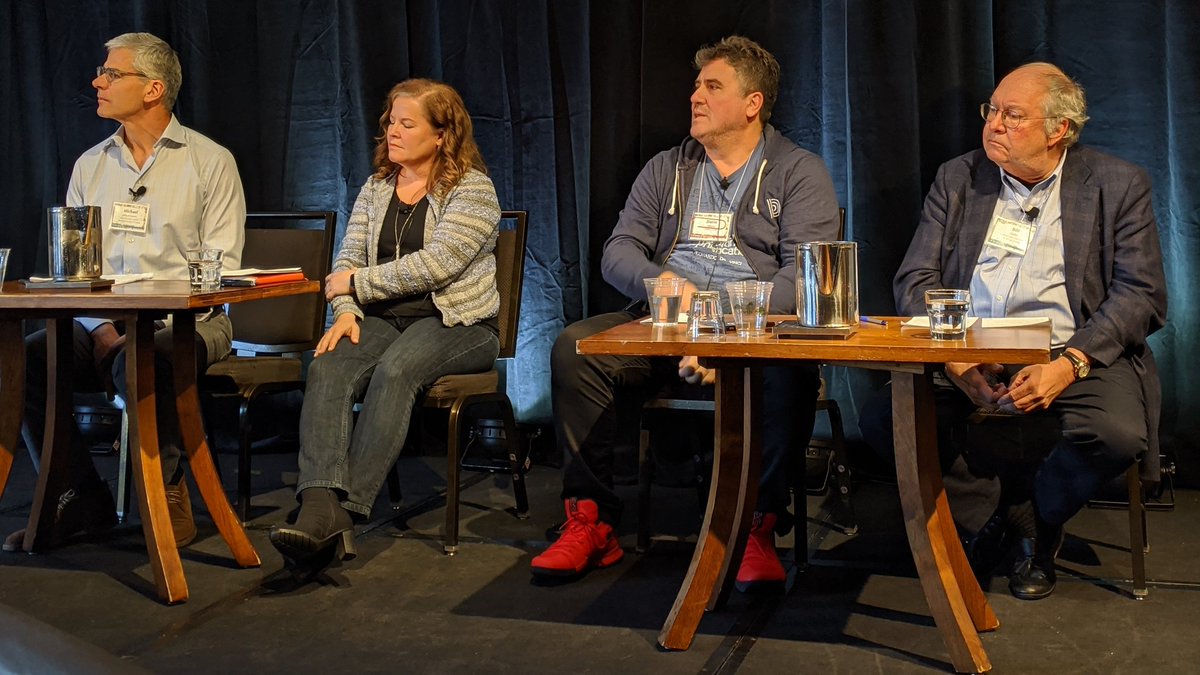
- @honeybeecap on the delicate balance involved in actually applying unifying frameworks in the market
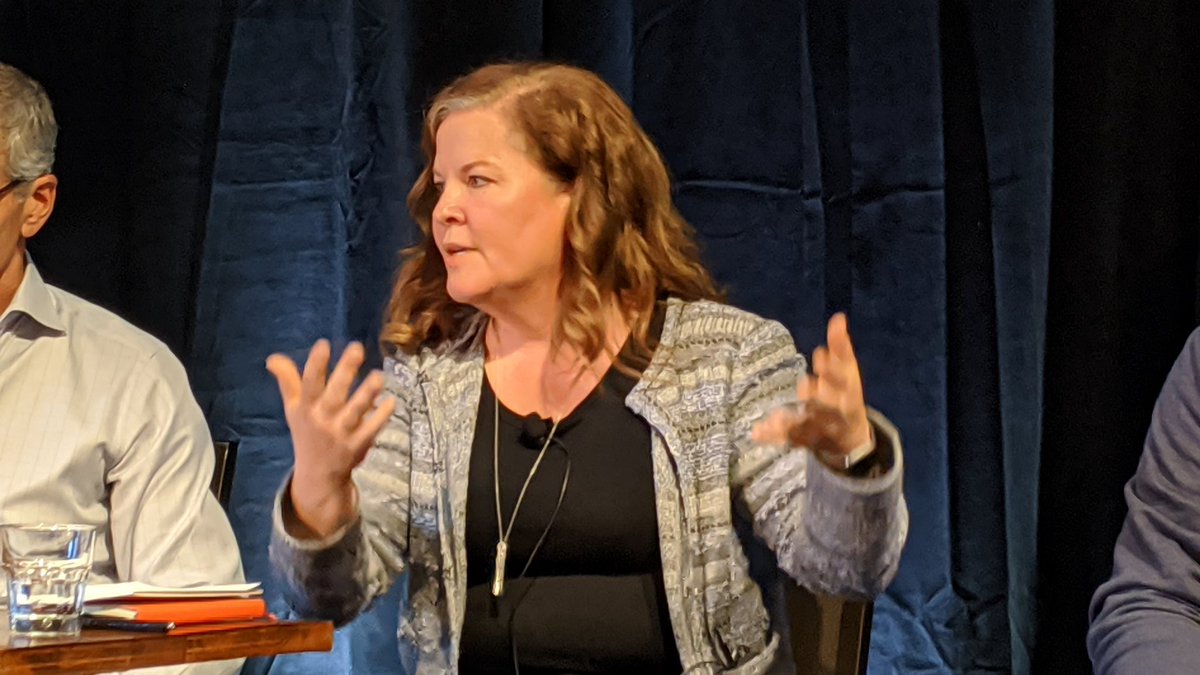
- @B3_MillerValue
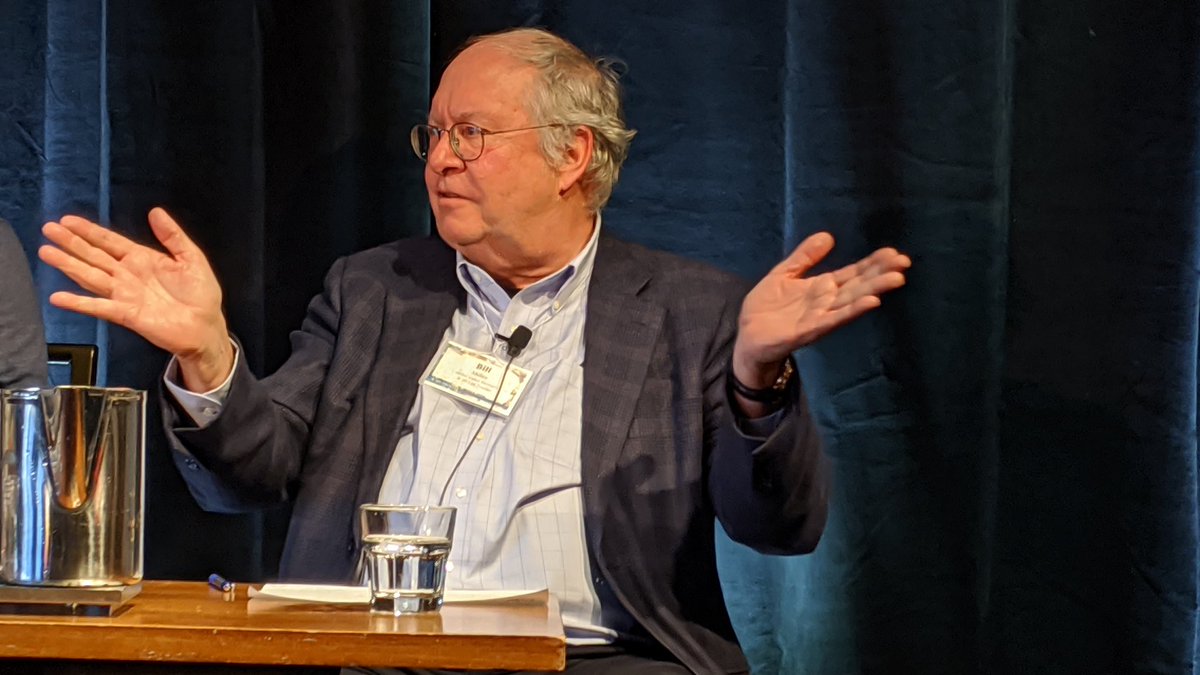
"We have a big gap between perceived risk and real risk."
- @B3_MillerValue
Santafe.edu/action
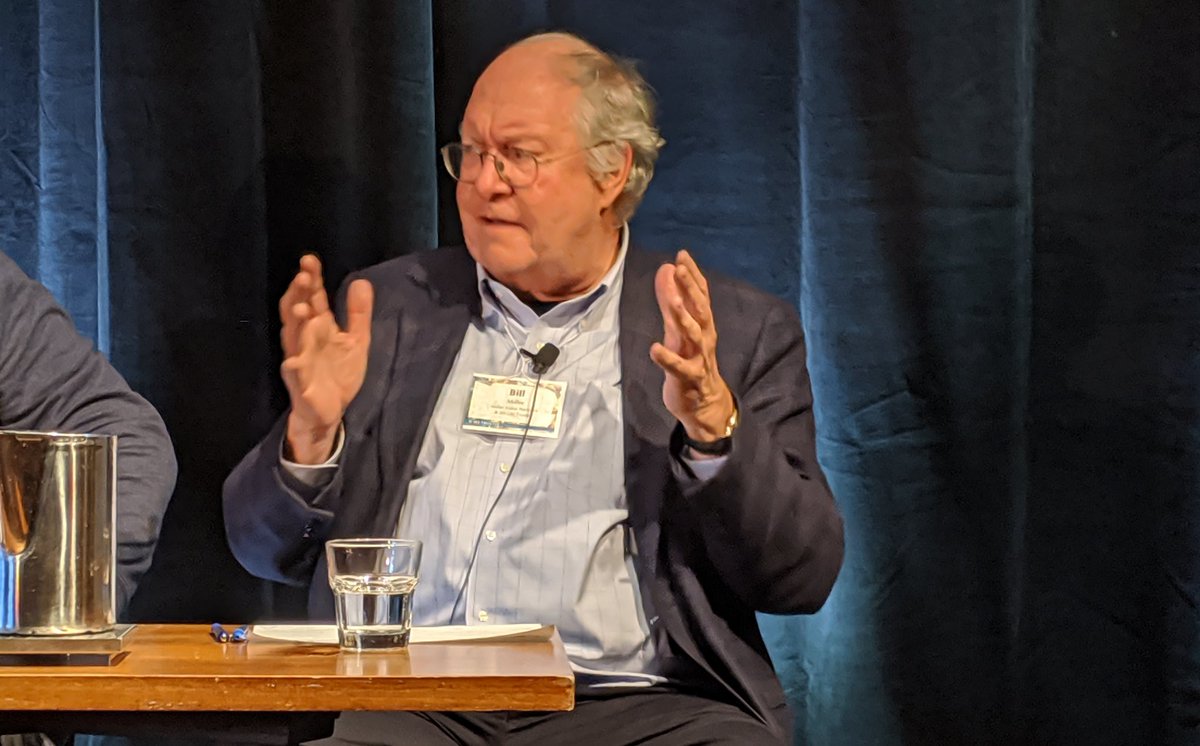
- @honeybeecap
